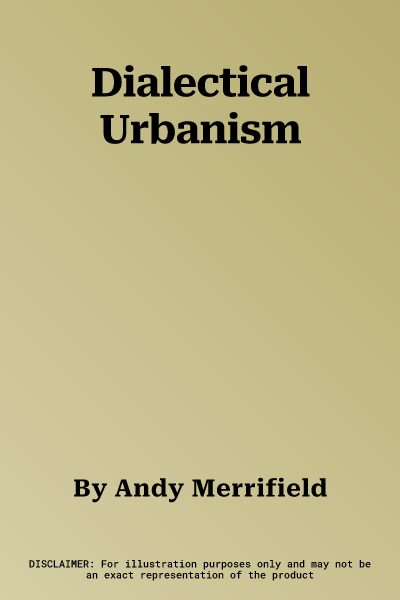Life in the city can be both liberating and oppressive. The contemporary
city is an arena in which new and unexpected personal identities and
collective agencies are forged and at the same time the major focus of
market forces intent on making all life a commodity. This book explores
both sides of the urban experience, developing a perspective from which
the contradictory nature of the politics of the city comes more clearly
into view.
Dialectical Urbanism discusses a range of urban issues, conflicts and
struggles through detailed case studies set in Liverpool, Baltimore, New
York, and Los Angeles. Issues which affect the quality of everyday life
in the citygentrification and development, affordable rents, the
accountability of local government, the domination of the urban
landscape by new corporate giants, policingare located in the context of
larger political and economic forces. At the same time, the narrative
constantly returns to those moments in which city dwellers discover and
develop their capacity to challenge larger forces and decide their own
conditions of life, becoming active citizens rather than the passive
consumers.
Merrifield draws on a wide range of sourcesfrom interviews with
activists and tenants fighting eviction to government and corporate
reportsand uncovers surprising connections, for example, between the
rise of junk bonds in the 1980s and urban improvement schemes in a
working-class neighborhood in Baltimore. This lively and many-sided
narrative is constantly informed by broader analyses and reflections on
the city and engages with these analyses in turn. It fuses scholarship
and political engagement into a powerful defense of the possibilities of
life in the metropolis today.

